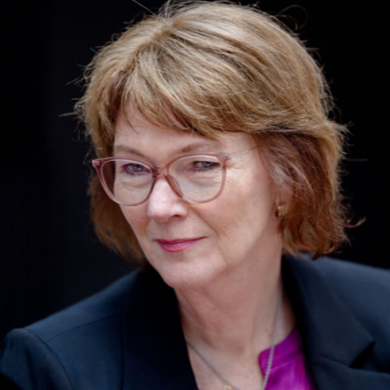Prof Lise Øvreås – serves as a Vice-President (Environment Programme; External Stakeholders and Partner Engagement) of EASAC from 2024–2026. She is a professor in Geomicrobiology at University of Bergen, Norway. Former President of the Norwegian Academy of Science and Letters in Norway (DNVA). She has been active in working with science for policy in the Arctic and in EU, though Science advice committee at DNVA and EASAC. From 2019 – 2022 she was the director for Ocean Sustainability Center at University of Bergen, a strategic tool to provide research and meeting place for a sustainable ocean. She is also part of the Norwegian UN Ocean National Committee. She has been an active researcher within Arctic research for the last 25 years, attending research cruises and fieldwork, studying biodiversity and the effect of climate change. She held an associate professor position at University center in Svalbard (UNIS) for 8 years, teaching Arctic microbiology. She is particularly interested in the effect of thawing permafrost and climate gas emissions. She is also engaged in implementing artificial intelligence in Arctic fieldwork and “smart sampling”.
“Science and diplomacy have long been central to Arctic governance, fostering cooperation in a region that is ecologically fragile and geopolitically significant. Loss of data following Russia’s war on Ukraine, Trump administration’s cuts to research and retreat from multilateralism, and increasing investment of non-Arctic states in Arctic research are altering the foundations of scientific collaboration and diplomacy. These disruptions undermine science-informed decision-making and international cooperation, particularly in climate and biodiversity research, social science, and ocean studies. Thus, revitalizing Arctic science diplomacy is essential—not only for the region but for addressing broader planetary challenges, from climate change to security and resource management.”

